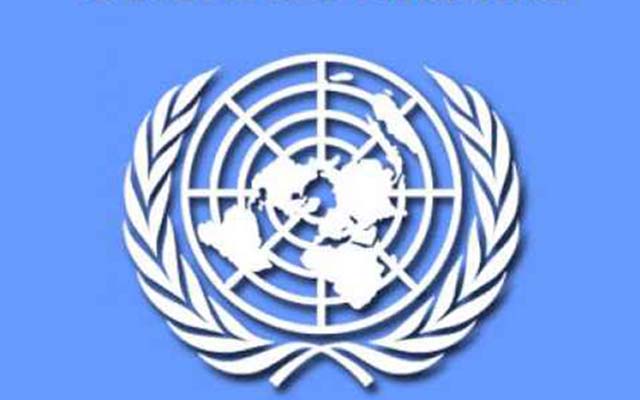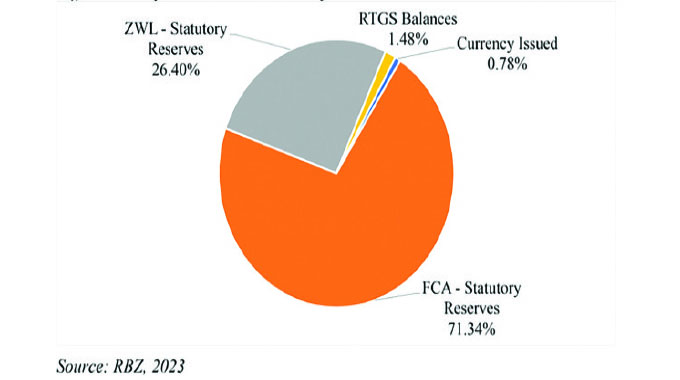Zim updates IMF arrears clearance plan

Golden Sibanda Senior Business Reporter—
THE International Monetary Fund says Zimbabwe has updated its arrears clearance plan to international financers with the new strategy no longer centred on simultaneous clearing of its debts to the fund and other key lenders.The IMF said the southern African nation now envisages sequentially settling its outstanding obligations over a defined period, as opposed to once off payment of the arrears to the IMF, World Bank and African Development Bank.
Zimbabwe, the IMF said, will use its special drawing rights holdings, which was completed in October this year, bridging finance from financial institutions to clear AfDB arrears and loans on market terms to pay off its liability to the International Bank for Reconstruction and Development.
A similar approach would also be applied to settle the country’s outstanding accounts to the International Development Association. Cumulative arrears to IBRD and IDA stood at $1,555 billion as at September 30 2016, IMF said. Arrears to the AfDB amounted to $632,5 million.
“The authorities are also engaging in discussions with the European Investment Bank (EIB) on an arrears clearance plan, and plan to seek debt treatment from official bilateral creditors, under the umbrella of the Paris Club,” IMF said.
The IMF said this in its full statement on Zimbabwe’s settlement of overdue financial obligations to the fund’s Poverty Reduction and Growth Trust. Zimbabwe fully settled its overdue financial obligations to the Poverty Reduction and Growth Trust in October, using its SDR reserves.
The country’s arrears to the PRGT amounted to SDR 78,3 million, which comprised overdue PRGT principal of SDR 61,7 million and total interest obligations of SDR 16,6 million.
The Bretton Wood institution said settlement of arrears was a step in the right direction to co-operate with the international community, but needs to be followed by reforms that address structural imbalances in the economy.
Clearing arrears to the IMF sends the right cues to other global lenders about Zimbabwe’s suitability for credit, as most financiers ordinarily shun borrowers blacklisted by the fund.
The IMF said the Government demonstrated strong commitment to implementing key macro-economic policies and structural reforms under the most recent Staff-Monitored Programme, despite prevailing economic difficulties.
In light of Zimbabwe’s settlement of the overdue financial obligations to the PRGT, IMF staffs have proposed that the fund’s board remove remaining remedial measures.
The IMF said outstanding remedial measures entail declaration of non-co-operation with the fund, partial suspension of provision of fund technical assistance, and the removal of Zimbabwe from the list of PRGT-eligible countries.
Zimbabwe’s failure to settle its financial obligations to the PRGT formed the basis for applying these remedial measures.
“Staff proposes that the remedial measures be lifted in light of the full settlement of the overdue financial obligations to the PRGT, and as Zimbabwe has no outstanding obligations to the PRGT that could result in the re-emergence of PRGT arrears,” the fund’s appraisal staff said.
IMF said decisions on re-entry onto the PRGT-eligibility list can be adopted in the interim period between the general reviews of eligibility to use the fund’s facilities for concessional financing for any country that had been removed from the list, in the context of overdue obligations to the PRGT, as long as the country at the time of re-entry does not meet the criteria for graduation.
“Zimbabwe has a gross national per capita of $850, as of end-2015, well below the income thresholds required for graduation from the PRGT-eligibility list based on the income criterion or market access criterion, and continues to face severe short-term vulnerabilities,” the IMF said.








Comments